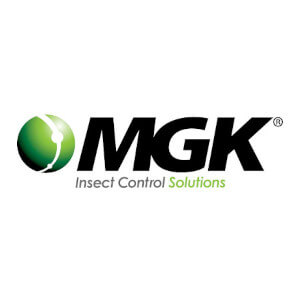You may see winter as the sweet relief to flies after a long summer, but it’s important to take advantage of this season. Insects are vulnerable in the winter so using this time of adverse conditions can work to your advantage.
Where do insects spend the winter?
- Flies typically overwinter as larvae or pupae buried in organic matter. As the temperature increases in the spring, it signals to immature house flies that it is okay to resume development.
- Mosquitoes need a mixture of diapause and harborage in protected areas like tree holes and ground burrows to survive in the winter. They will spend the season as eggs, larvae, pupae, or adults.
- See how other common insects overwinter
Preparing for Spring
Insect Growth Regulators (IGRs)
We know a lot about where insects, specifically flies, spend their winters, and like with any good pest management plan, we can use that information to our advantage.
Apply IGRs to conducive areas around the dairy during your last premise insecticide treatment for the year. Conducive areas for fly development include lagoons, manure stacking pads, and sand stacks, among others.
Applying IGRs last in the fall and early in the spring can help to control insect populations when the weather warms up. Less larvae means eventually less adults, so work IGRs into your winterizing protocol.
Inspection of Property
Use the cooler temperatures to your advantage to check water sources around your dairy and perform any needed maintenance. A cold winter can mean leaking water pipes, but repair to any unnecessary water sources will reduce the moist areas required for insect development.
Don’t forget to inspect internal water sources, like pipes in the parlor and bathrooms, as cockroaches and small flies are particularly fond of these habitats.
Structural Repairs
Not only are you trying to keep warm air inside of enclosed barns, parlors, and dairy offices, you will also be trying to keep structure-dwelling insects and rodents out during the winter months.
- Install door sweeps where needed
- Install or repair window screens
- Make sure that vents are screened to prevent intrusion by nesting animals
We want structures to stay ventilated, yet dry and closed off from winter visitors like birds and mice.
Perimeter Control
Finally, clear brush around the perimeter of farm and buildings. Keeping forage knocked down and cleared removes the protection that pests like roaches, spiders, and ticks need to survive the winter.
Additionally, a late season application of a long-lasting, microencapsulated insecticide can provide a perimeter protection for those insect pests looking to invade offices and barns before the first cold snap.
Preparing for winter can mean a long list of things to do, but don’t skip on these simple insect control tactics. Little additions to your fall insect management plan can mean substantial control in the spring. Winterize your dairy and be done with the spring insect boom!
MGK Products to Help You Winterize Your Dairy:
- NyGuard® IGR Concentrate is a juvenile hormone mimic that breaks the life cycle of more than 50 pests.
- See all MGK products that can be used in animal premises.
Photo Credit: Waltteri Paulaharju from Pixabay

